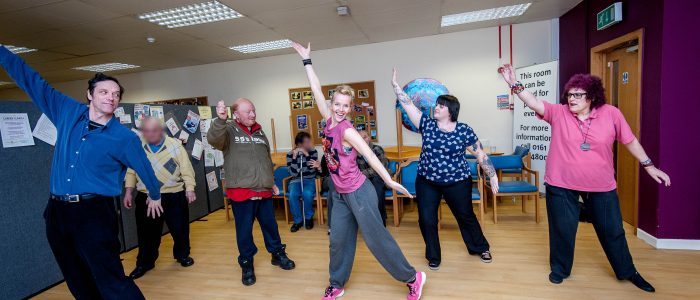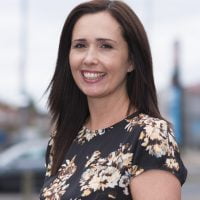The dangers of obesity and COVID-19

Last week, a Public Health England (PHE) report confirmed that being excessively overweight or obese increases the risk of severe illness and death from COVID-19. Almost two-thirds of adults in England are overweight or obese, with older people, people living in deprived areas, and certain BAME groups more severely affected.
The report recommends that people are supported to achieve and maintain a healthy weight to lower their chances of getting severely ill if they contract COVID-19.
What is the government doing about it?
The government has responded to the findings by publishing a new obesity strategy, with a focus on empowering adults to lose weight. Among initiatives such as better calorie labelling on food and banning unhealthy food adverts, it is supporting a PHE-led campaign called Better Health, an app-based weight loss and activity plan.
The action proposed by the government and its partners is commendable, but it is also important that initiatives are tailored to serve the communities most at risk. For example, an app-based programme, whilst effective for some, will not be within reach of those with limited access to data or technology. Appropriate translation will also need to be considered for any public health campaigns.
How are faith groups involved?
At FaithAction, we know that faith groups are key partners in health promotion. Many people rely on their places of worship for much more than religious services – from churches running keep fit sessions to healthy eating classes in mosques. Our Faith and Health Awards in 2018 highlighted the great initiatives that are taking place around the country, many of which have innovatively adapted in lockdown to keep their communities active.
Communities For All, a runner up in the Faith and Health Awards, is an organisation partnered with Khizra Mosque in Manchester that aims to improve the health and fitness of the local community. Before COVID-19, the centre held regular health awareness talks on different health conditions and offered a wide range of activities, from cycling and self-defence to gardening and healthy cooking. This enabled the whole community to be more involved in leading active, healthy lives. COVID-19 has not stopped Communities For All striving to provide active pursuits – recent activities include walks that explored local parks and bike rides, as well as focusing on providing food for the local people in need during the lockdown.
In another example, Intentional Health, based in Cornwall, runs transformational community programmes via local church volunteers at various locations throughout the UK. They are currently planning online courses in eating well and healthy habits, and are also taking social prescribing referrals, aiming to inspire people to live healthier and happier lives.
What’s next?
Projects like these are great examples of how faith-based organisations can be assets to the health and care system. And yet, as we discovered through our work on loneliness and social prescribing, things are not always as joined up as they could be. We’re interested in helping make these links, and we believe that any effort to tackle obesity should take stock of the reach of faith groups as trusted messengers within some of the most at-risk communities. COVID-19 has vividly highlighted the inequality at the heart of our society. If we are to successfully rebuild, recover, and protect against a potential second wave, all of society will need to be involved.
We’d love to know your thoughts on the obesity strategy, and the role of faith groups in COVID-19 recovery. Get in touch with me at [email protected].



